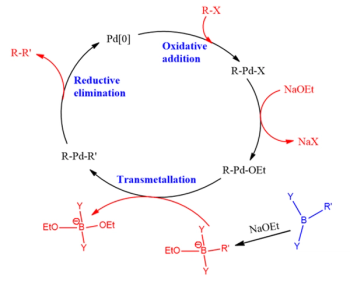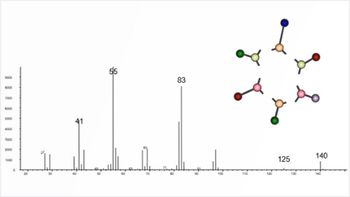
New Analytical Method Proposed for Characterizing Nucleic Acid Therapeutics
Scientists propose a gel-free hybridization assay using peptide nucleic acid (PNA) probes and capillary electrophoresis (CE) for qualitative and quantitative analysis of nucleic acid therapeutics.
A new method has been proposed for the qualitative and quantitative analysis of nucleic acid therapeutics by capillary electrophoresis-based gel-free hybridization assay, using fluorescently labeled peptide nucleic acids (PNAs) as affinity probes. The study, published in Analytical Chemistry, was conducted by Andrei Hutanu and colleagues and aimed to identify the potential of PNA probes for the advanced analytical characterization of novel therapeutic modalities such as oligonucleotides, plasmids, mRNA, and DNA released by recombinant adeno-associated virus (1).
The researchers found that for single-stranded nucleic acids up to 1000 nucleotides, the method proved to be highly specific, detecting DNA traces in complex samples, while having a limit of quantification in the picomolar range when multiple probes were used. However, for double-stranded samples, only fragments that were similar in size to the probe could be quantified. This limitation can be overcome when target DNA is digested, and multiple probes are used, opening an alternative to quantitative PCR.
The current analytical methods for gene therapy products tend to be heterogeneous and highly complex since there is both a delivery vehicle and a nucleic acid payload required for most applications. When dealing with single-stranded nucleic acids that have more than 200 nucleotides, options to confirm their identity and quantity are very limited. This is due to the large size itself, the high variability of unstable secondary structures, and the increased enzymatic susceptibility in the case of RNA.
The proposed PNA-based method offers a novel, fast, versatile, and direct analytical approach to overcome the limitations of current methods. The method is particularly useful for single-stranded nucleic acids and can provide a holistic view of the state of a sample. In comparison to PCR, which is typically used for NA identity and quantification, the new method offers a very high sensitivity and reduces the possibility of cross-contamination with amplifiable DNA. NGS remains complex as extensive sample preparation and data analysis are required in comparison to PCR, and thus, it is mainly used in early development and not for routine testing.
The rapid increase in the number of gene therapy candidate drugs, their wide variety, and increasingly accelerated development times underscore the need for novel, fast, and direct analytical approaches. The proposed PNA-based method offers a promising approach for the advanced analytical characterization of novel therapeutic modalities, which will help accelerate the development of these drugs and ensure their safety and efficacy.
Reference
(1) Hutanu, A.; Signori, C.; Moritz, B.; Gregoritza, M.; Rohde, A.; Schwarz, M. A. Using Peptide Nucleic Acid Hybridization Probes for Qualitative and Quantitative Analysis of Nucleic Acid Therapeutics by Capillary Electrophoresis. Anal. Chem. 2023, 95, 11, 4914–4922. DOI:
Newsletter
Join the global community of analytical scientists who trust LCGC for insights on the latest techniques, trends, and expert solutions in chromatography.




